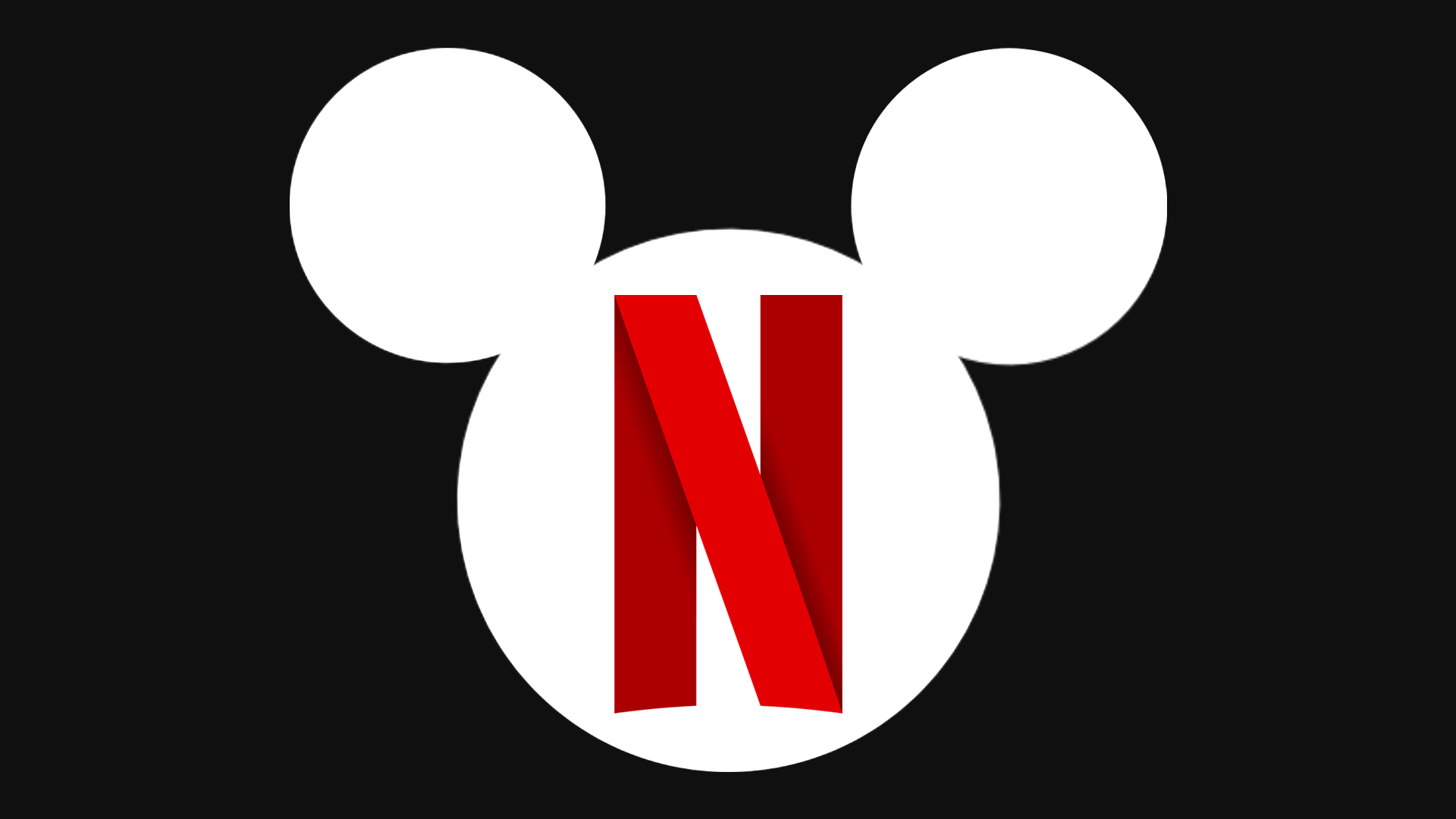Disney+ will debut in less than six months but a new survey finds that Disney’s direct-to-consumer offering isn’t a real big threat to Netflix as originally thought.
During an investor conference held in April where Disney revealed details about the upcoming service. A survey was also presented that seemed to spell trouble for the current streaming giant. The survey found that around 8.7 million customers of Netflix.
About 14.5% of its subscriber base were at least considering shifting to Disney+. The possible subscription cancellation could cost Netflix over $13 billion annual lost.
However, as the debut comes close, the initial excitement seemed to have died down. A new survey now casts doubt on the initial results, implying that Disney+ is not the Netflix killer the industry has been waiting for.
Disney+ can only expect a few customers

A recent survey by Piper Jaffray involving 1,500 existing Netflix’s subscribers found that only about 7% of them will cancel their subscription for Disney+.
Total 73% of the participants expressed no plan to subscribe to the new service provider at all. While 20% said that they would subscribe to both.
[fvplayer id=”1089″]
Piper Jaffray senior research analyst Michael Olson said:
“We typically find that a larger percentage of subscribers say they will cancel certain services than the percentage that actually follow through on it, so the 7% figure is likely overstating the risk to the Netflix U.S. sub base.”
The new findings suggest that at the worst-case scenario, Netflix may only lose around 4.2 million of its 60 million subscribers in the U.S. That implies only around $655 million annual loss for the streaming giant.
The future streaming giants

The streaming service of Disney+ will feature films from Marvel, Star Wars and Disney. Its introductory price is pegged at $6.99 per month or $69.99 per year.
Experts, however, expect that the seeming bargain price will gradually increase over time. The company will eventually need to make money from its burgeoning streaming service.
Sources: The Motley Fool, MarketWatch









